10 Types of Personal Injuries Seafarers Must Be Aware Of
Getting injured or hurt while working on ships is very common. It’s hard to find a seafarer who hasn’t been through an accident and hurt himself. A recent report conducted by a maritime organization states that more than 70% of personal injuries take place because of sheer negligence and failure in following safety procedures.
Injuries on ships ranges from minor to the most gruesome types; some even leading to fatalities. Though seafarers are aware of these injuries, most of them tend to ignore safety procedure. However, in order to ensure one’s personal safety, along with safety of the ship and its crew, it is imperative to remember some very common personal injuries while working on board ships.
1. Eye Injury
Protection of eyes is of paramount importance while working on ships. Shipboard jobs such as welding, chipping, painting, and working with hazardous material such as oil, chemicals etc. pose great danger to the eyes of ship personnel. Appropriate googles or protective equipment should be worn while carrying out such jobs.
2. Hand and Foot Injury
Working on ships requires handling hot and sharp objects. A variety of gloves are used to protect hands of the seafarers; however, several accidents have occurred in past because of using loose or wet/oily gloves. Hand injuries have occurred because of accidents due to trapping of gloves on drum ends or machinery, slipping of objects, loss of grip etc.
Moreover, inappropriate footwear such as sandals and flip-flops give little protection to feet from falling loads, hot work and hazardous materials. Such inappropriate footwear can also lead to trips and falls. It is therefore important to wear proper personal protective equipment for protection of hands and feet.
3. Injuries From Falls and Trips
Injuries due to trips and falls occur due to slippery floor, oily surfaces, openings in the floor, tool/ spare parts lying on floor etc. Accidents because of falling from heights, tripping off the rails, and slipping over ladders have also been commonly reported in the past.
4. Head Injury
Head injuries are caused due to failure to duck, when stepping over coamings etc. and thus hitting the head on the door frame or bulkhead. Such injuries can also be caused while working on machinery systems or due to slipping and falling. Make sure you are wearing helmets all the time while working or entering confined spaces.
5. Injuries from Deck Operations such as Mooring and Cargo Handling
Working on decks during mooring and cargo operations provide the circumstances for potentially serious accidents. Seafarers should never stand in a bight of a rope or near a rope under tension. Also, while handling cargo operations, all safety precautions should be followed.
Read:
10 Important Points to Remember During Mooring Operation
The Ultimate Guide to Deck Machinery Procedures and Operations
[the_ad id=’173168′]
6. Burns and Scalds
Burns and scaldings are commonly caused by hot pipelines, steam and fire. They are also caused by shocks from faulty electrical equipment. Hot oils, steam, chemicals and similar hazardous materials should always be handled with care to avoid such accidents.
7. Injury from Electric Shock
Unattended electrical connections and exposed wires can lead to fatal accidents on board ships. Seafarers should be extremely careful while handling electrical connections and no electrical equipment should be handled without proper knowledge or assistance. Moreover, personal electrical equipment shouldn’t be connected to the ship’s electrical system without the permission of a responsible officer .
Read : How to minimize electrical shock on ships?
8. Injury from Misuse of Tools/ Machinery/ High Pressure Equipment
Injuries can occur due to misuse of tools or while not following the correct procedures for operating machinery systems. Moreover, not using the correct tools, unattended machinery, and incorrect methods to use tools also leads to injuries. Failure in using protection when handling high pressure equipment can also cause serious injuries.
9. Cuts
There are several sharp equipment and tools on ships. To avoid cuts all these tools should be handled with care and must not be left lying around where someone may accidentally cut themselves. Broken glasses, grinders and sharp knifes / tools should be properly disposed or stored in secured places to avoid cuts.
10.Back Injury/ Manual Handling
Injuries due to strained muscles are common on board ships. Manual handling of loads leads to several back injury to seafarers. Heavy loads shouldn’t be lifted alone. Manual handling injuries can be avoided by using the right technique to lift loads.
The above mentioned injuries are only some of the most common injuries on board ships and not an exhaustive list. If you feel we have missed any important point, let us know in the comments below.
Related reading
10 Extremely Dangerous Engine Room Accidents
10 Common Life Threatening Accidents On Board Ships
10 Types of Dry Dock Accidents that can occur in the ship’s engine room
Do you have info to share with us ? Suggest a correction
Latest Ship Safety Articles You Would Like:
Subscribe To Our Newsletters
By subscribing, you agree to our Privacy Policy and may receive occasional deal communications; you can unsubscribe anytime.



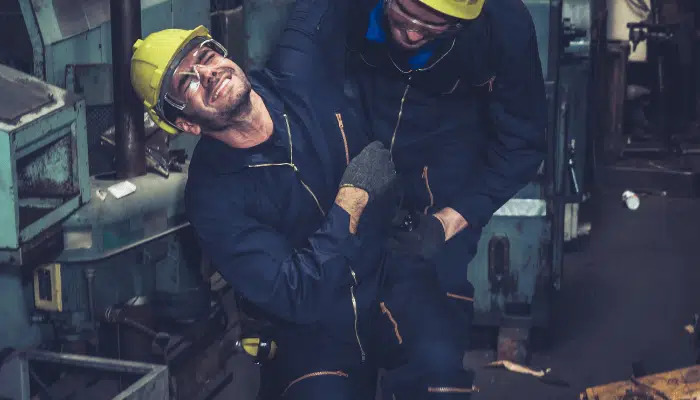
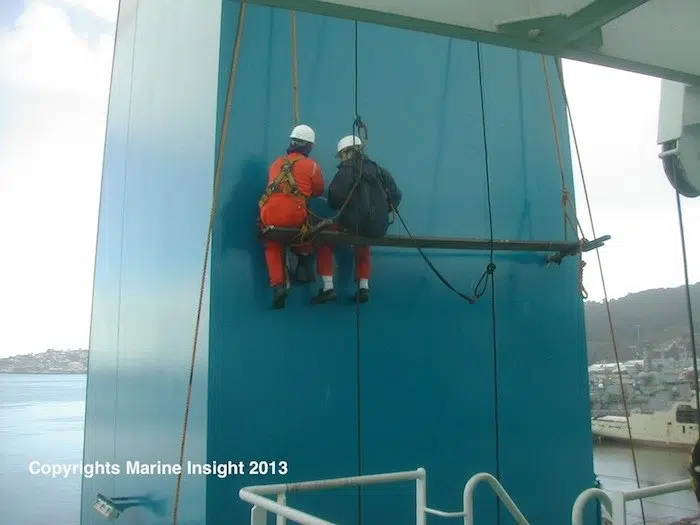
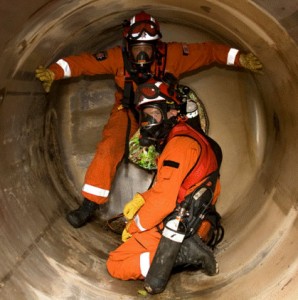
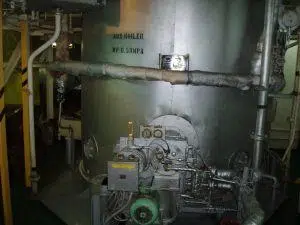

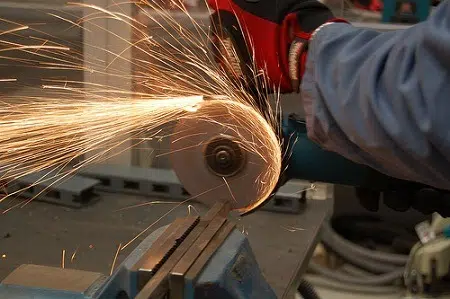
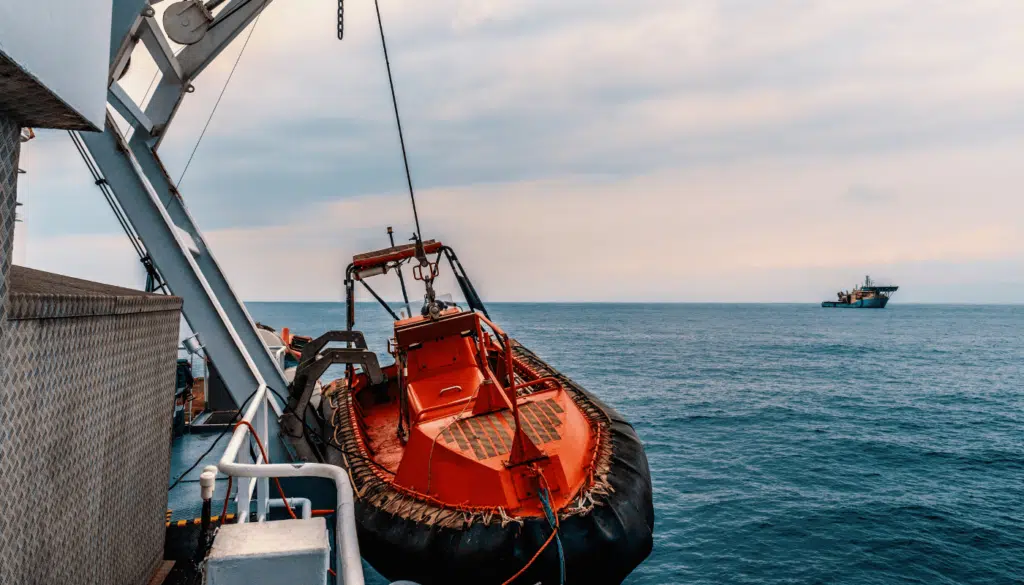
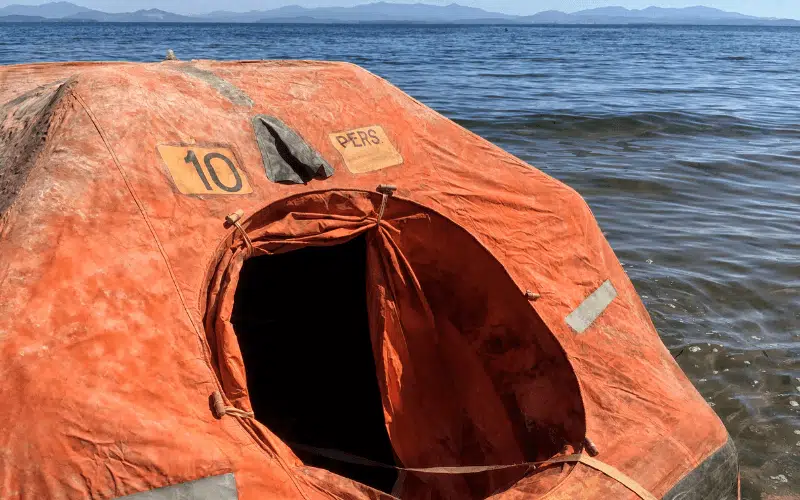
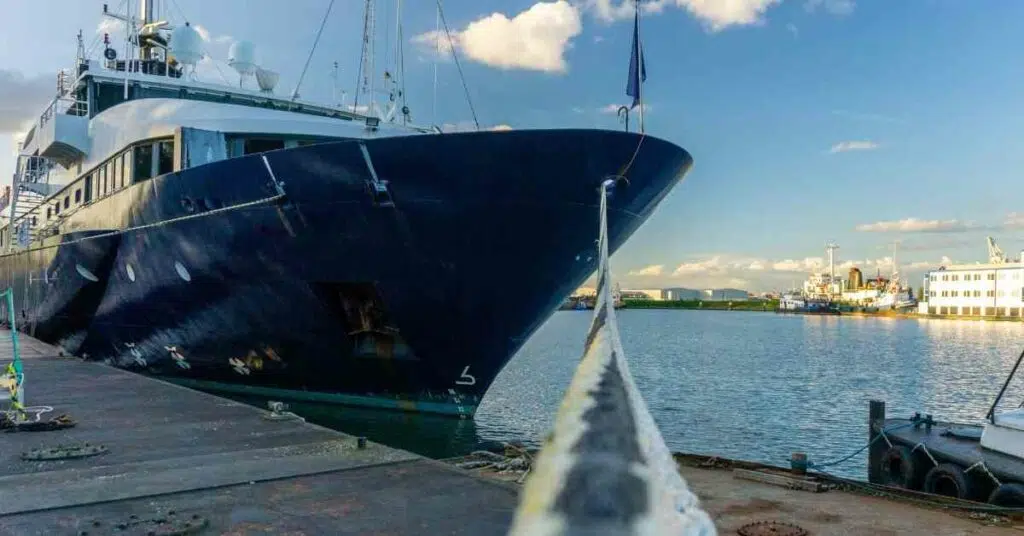
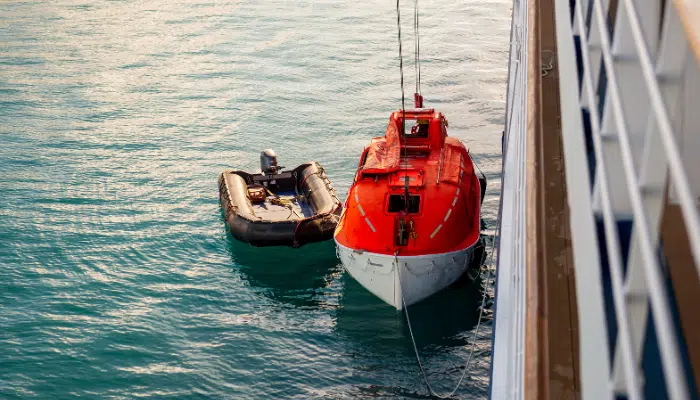


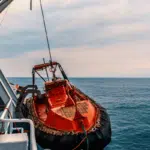
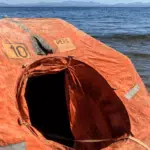

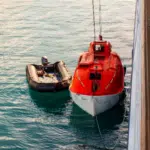

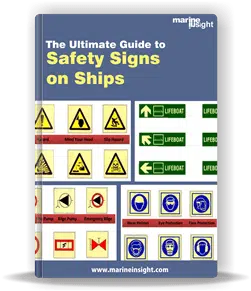
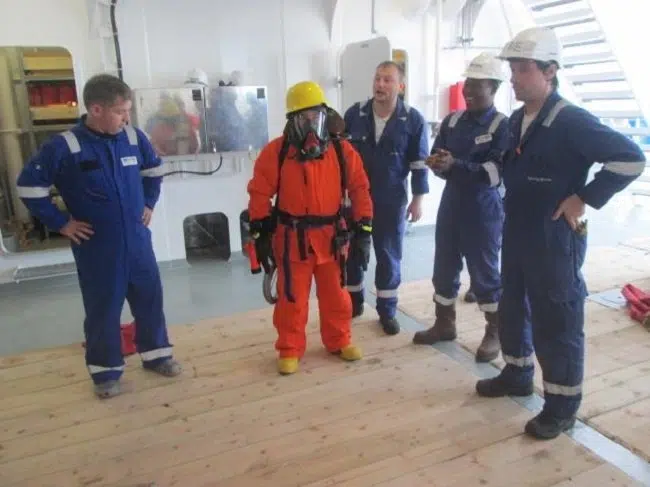
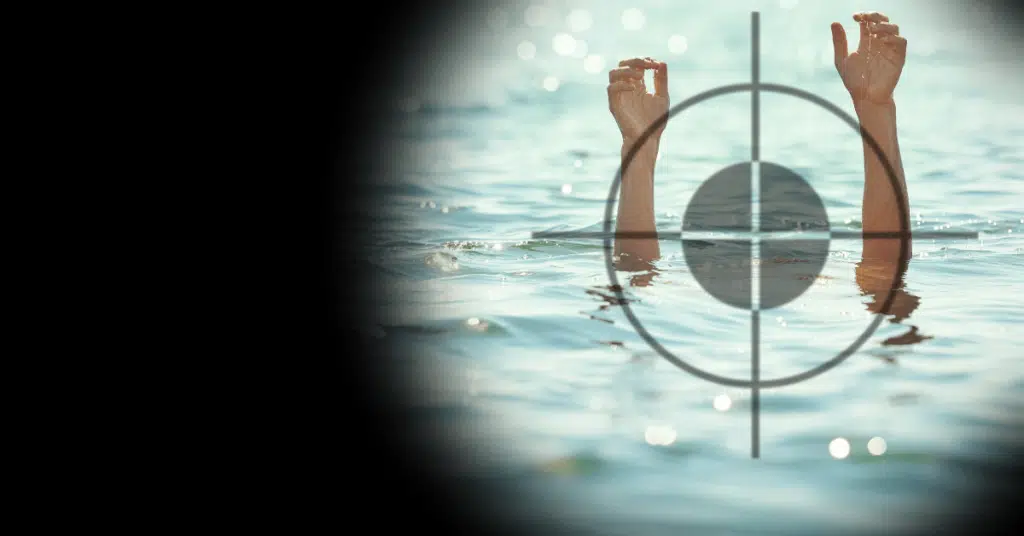
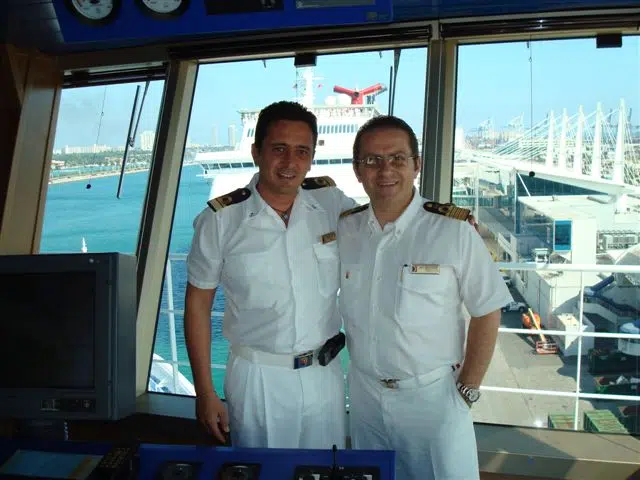


Good day sir, may I know “A recent report conducted by a maritime organization” which maritime organizatio you refer to? and can i have the report no because i’m doing a case study.
Tq.
Excellent safe Guide
In conformance with each specific SMS, The Company provide a full set of PPE that must be worn by seafarers during every activities particularly working on deck and in the engine room appropriately.It is the crew personal responsibility to abide. You may never blame the Company nor the Master for Non Compliance.